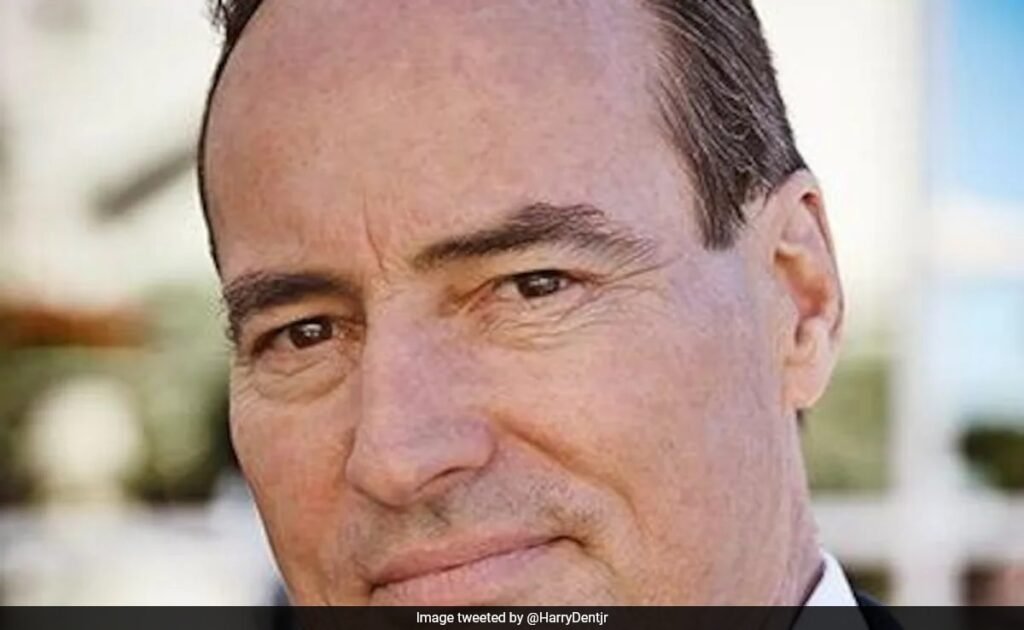
The economist has a history of making accurate predictions about major economic events.
A top US economist has warned that we could soon see a stock market crash bigger than the global financial crisis. Fox News DigitalHarry Dent has warned that the “everything” bubble has not yet burst and the crash could be bigger than the Great Recession.
“1925-29 was a natural bubble. There was no artificial stimulus behind it, per se. So this is new. We’ve never seen anything like this before. If you want to cure a hangover, what do you do? You drink more. And that’s what they’ve done. Pumping extra money into the economy permanently may boost the overall economy in the long run, but we won’t know until we see this bubble pop,” said Dent, a Harvard Business School graduate.
Dent noted that most bubbles last five or six years but this one has lasted 14 years, “so we have to expect a bigger crash than we had in 2008-09,” he added.
When that bubble eventually bursts, it could lead to a market downturn more severe than the 2007-2008 financial crisis.
“The S&P will fall 86% from its peak and the Nasdaq will fall 92%. Hero stocks like Nvidia are great companies, [goes] “98% down. We’re done,” he said, signaling a multi-trillion-dollar market crash.
He further predicted that investors will see the effects early to mid-next year from the Fed’s rapid tightening of monetary policy aimed at taming inflation. He also analyzed the housing market, which he believes is at the center of this potentially catastrophic bubble.
He said the US government was ultimately responsible for the massive, decades-long bubble that the economy found itself in.
“The government has created this bubble 100 percent artificially – they’ve injected people with drugs to artificially enhance performance,” he said. “And everything from human life to history shows us that you don’t get something for nothing – and bubbles are going to burst – and this is much more likely than anyone would expect.”
Notably, the economist has previously made accurate predictions of major economic events, such as the bursting of Japan’s asset price bubble in 1989 and the bursting of the dot-com bubble in 2000. His predictions are based on a variety of factors, including demographics, economic cycles, and market analysis.

